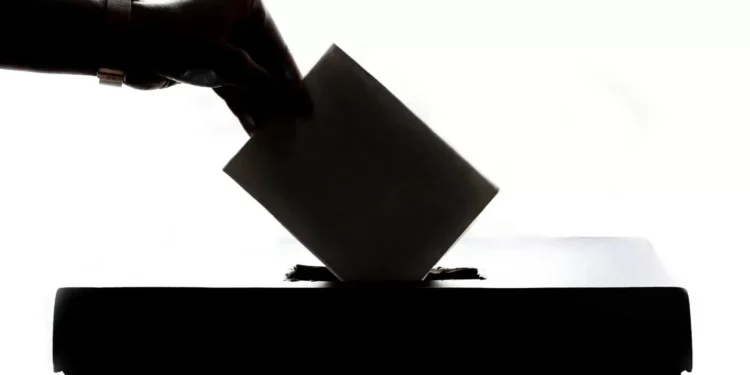As political polarization continues to intensify in advanced democracies, the issue of election fraud has become a hotly contested topic. With each passing election, allegations of fraud have become commonplace, leading to heated debates and widespread mistrust in the electoral process. In this climate of suspicion and division, the role of academic researchers and experts in analyzing and addressing these allegations has become increasingly crucial. However, it is important to recognize that flawed electoral science can have a detrimental impact on democracy, and caution must be exercised in the pursuit of truth and justice.
The rise of social media and the 24-hour news cycle have amplified the voices of those who claim election fraud, often without any concrete evidence. This has created a dangerous narrative that undermines the legitimacy of democratic processes and institutions. In such a charged environment, it is easy for misinformation and conspiracy theories to spread like wildfire, further fueling the flames of political polarization. This is where the role of academic researchers and experts becomes crucial in providing evidence-based analysis and countering false claims.
The influence of academic research and expert analysis in shaping public opinion cannot be underestimated. Their findings and recommendations can have a significant impact on the perception of election fraud and the trust in the electoral process. However, this influence comes with great responsibility, and any flawed or biased research can have serious consequences for democracy. It is therefore imperative that researchers and experts approach their work with utmost caution and integrity.
One of the key challenges in studying election fraud is the lack of a universally accepted definition. Different countries have different electoral systems, and what may be considered fraud in one country may not be applicable in another. This makes it difficult to compare and analyze data across different contexts. Moreover, the complexity of electoral processes and the multitude of factors that can influence them make it challenging to identify and measure fraud accurately. This is where the expertise of researchers and experts is crucial in providing a nuanced understanding of the issue.
Another challenge is the politicization of election fraud allegations. In many cases, these allegations are used as a political tool to discredit opponents and undermine the legitimacy of election results. This makes it even more important for researchers and experts to maintain objectivity and avoid being swayed by political agendas. Any hint of bias or partisanship can undermine the credibility of their findings and harm the democratic process.
In recent years, there have been several instances where flawed electoral science has had a detrimental impact on democracy. One such example is the controversy surrounding the 2020 US presidential election. Despite numerous investigations and court rulings that found no evidence of widespread fraud, the allegations continued to be perpetuated, leading to the storming of the US Capitol by supporters of former President Donald Trump. This is a stark reminder of the dangerous consequences of flawed electoral science and the need for caution and responsibility in this field.
In addition to the potential harm to democracy, flawed electoral science can also have a negative impact on the academic community. It can erode public trust in the credibility and impartiality of research, and damage the reputation of the entire field. This can have serious implications for the funding and support of future research, hindering progress and innovation in the field of electoral science.
To avoid such pitfalls, it is essential for researchers and experts to adhere to rigorous and transparent methodologies in their studies. This includes using reliable data sources, conducting thorough analyses, and acknowledging any limitations or biases in their research. It is also important for them to engage in open and respectful dialogue with those who hold different views, rather than dismissing them outright. This can help bridge the gap between different perspectives and promote a more informed and constructive discourse on election fraud.
In conclusion, as political polarization deepens and election fraud allegations become more prevalent, the role of academic researchers and experts in analyzing and addressing these claims has become increasingly important. However, it is crucial to recognize the potential harm that flawed electoral science can have on democracy and the need for caution and responsibility in this field. By upholding the highest standards of integrity and objectivity, researchers and experts can play a vital role in promoting a more informed and constructive dialogue on election fraud, ultimately strengthening democracy and safeguarding the integrity of electoral processes.



